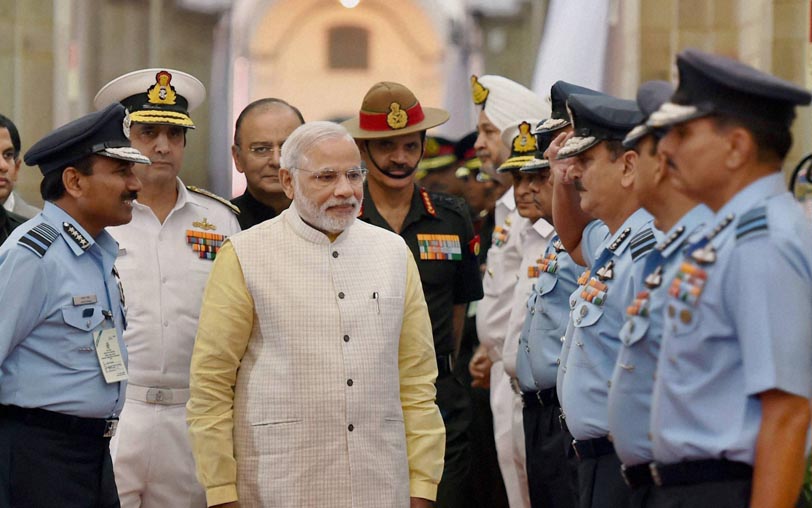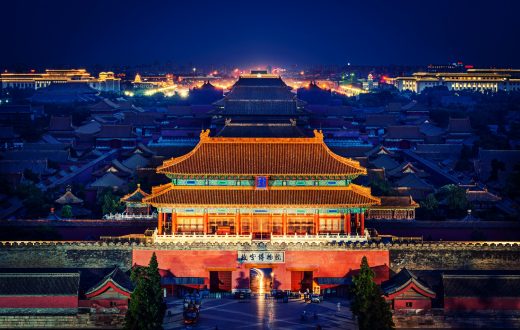The continuous peace process in Afghanistan appears to have advanced from the developing American acknowledgement that the Afghan conflict does not have any military answer. It has already claimed regular civilian and military losses and critical resources without accumulating to the financial improvement of Afghanistan.
It has been evaluated that since the start of US-led attack on Afghanistan, almost 38,480 Afghan civilians have been killed in the dispute and more than 30,000 injured. The US war in Afghanistan has been the country’s longest military invasion for 17 years. The number of civilian causalities of about 3,804 in 2018 has been one of the war’s highest. This war costs about $1.07 trillion for the US and has lost about 2,401 military personnel in Afghanistan since 2001. Moreover, about 3,937 US contractors have been killed in the country.
The peace talks in Afghanistan took off a year ago with senior American official reaching out to Doha to open peace talks with the Taliban. The arrangement of Zalmay Khalilzad as the US State Department’s special representative for Afghan conciliation has been sent for this purpose. Be that as it may, each round of talks, however beginning with some confidence, failed out, trailed by continuous attacks and increased insurgency.
Until this point, five rounds of talks have been held. The latest round-confronted momentary suspension with the Taliban’s refusal to talk legitimately to the Afghan government. The Afghan-to-Afghan talks planned to occur in Qatar, where the Taliban keep up their office and proposed to incorporate the Taliban, Kabul government representatives, the opposition, and other conspicuous figures failed as the opposite sides were unfit to concur on the members.
US representative Zalmay Khalilzad is desperately in need of assurance from the Taliban that they will not give sanctuary to any terrorist organization, for example, al-Qaeda and ISIS in future. US government is also trying to secure its maximum interest while giving greater space to the Taliban. In opposite, the Taliban leadership have been resolute on US withdrawal alongside the freeing of Taliban prisoners in Guantánamo and Afghanistan.
As per news reports, however, the American and Taliban have achieved a framework of a deal, amid all these progress attacks have remained active. In the midst of the positive progress described by visits and incessant events of talks, there exists a misty side to this.
Many regional powers are focusing on an “Afghan-owned” and “Afghan-led” peace process. It is worth noticing that Russia facilitated peace talks separate from the American. China, Pakistan, Iran and Russia directed various meetings and also communicated concerns diverse from US peace initiative.
Then, the US desperate effort to keep the Taliban on board has on occasionally driven the National Unity Government of Afghanistan to feel relinquished. The Afghan national security advisor, Hamdullah Mohib, did not hamburger words to blame Khalilzad for double-crossing the Afghan government.
It is widely believed that the peace talks have tilted towards the Taliban because of the long-delayed stay of Americans in Afghanistan. Many American scholars have kept up that the US commitment in Afghanistan has gone amiss in light of the fact that there has been no clear definition of what triumph in the war-ravaged country would look like. It is argued that the US only want an honourable exit from Afghanistan and this is what Zalmay Khalilzad is desperately working for. The flexibility of the Taliban fighters likewise incited the Afghan government to offer in welcoming the Taliban to frame a political party and participate in elections. While the Taliban declined this offer and time when the US is preparing to leave Afghanistan without putting genuine efforts in the peace process can hamper long term stability of Afghanistan.
The democratic peace process in Afghanistan has been delayed as the presidential election that had been scheduled for April has been deferred twice, to July and now to September 28. It is argued that whether the Taliban’s goal of establishing a “pure Islamic government” is compatible with the principles of the democratic process. This peace process will be strengthened only if the US put genuine efforts to end this long war not just for itself but for the interests of poor Afghans who are at war for almost four decades.





